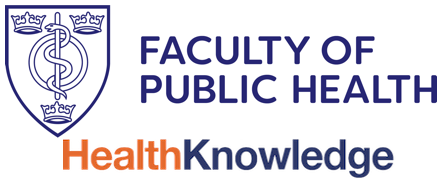PLEASE NOTE:
We are currently in the process of updating this chapter and we appreciate your patience whilst this is being completed.
Concepts of Health and Illness: Activity 4 - Commentary
Activity 4 – Commentary
McKeown (1979) identified the major factors in the decline in mortality from infectious diseases as being the general improvements in nutrition and sanitation from the mid-nineteenth century onwards. These improved resistance to, and reduced the spread of, infectious diseases. Although medical science had the capability by the end of that century to identify the causative agent, effective treatments were not available until the mid-twentieth century. Hence, by the time that immunisation and vaccination programmes had been developed for many of these infectious diseases, their impact on reducing mortality was limited given the enormous improvement in the general standard of living.
McKeown concluded by arguing that although the major causes of death today - cancers and heart disease - have no effective cure or treatment (illustrating the limits of the impact of curative medicine in the late twentieth century), they are potentially preventable. If it is accepted that environmental and social influences are the predominant determinants of health, there is a need for a shift of resources from an almost exclusive focus on medical research:
' In recognition that improvement in health is likely to come in future, as in the past, from modification of the conditions which lead to disease, rather than from intervention in the mechanism of disease after it has occurred.' (McKeown 1979:198)
The Acheson Report into Inequalities in Health reiterates this point in relation to the persistence of social inequalities in health as follows:
`Without a shift of resources to the less well-off, both in and out of work, little will be accomplished in terms of a reduction of health inequalities by addressing particular `downstream' influences' Acheson:1998).
© I Crinson 2007, Lina Martino 2017
